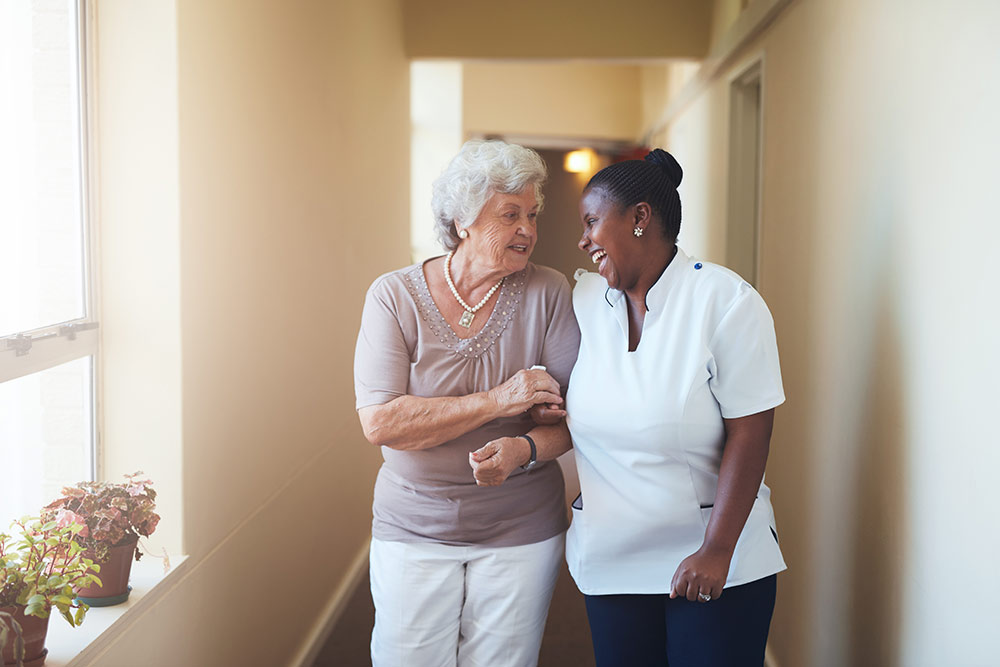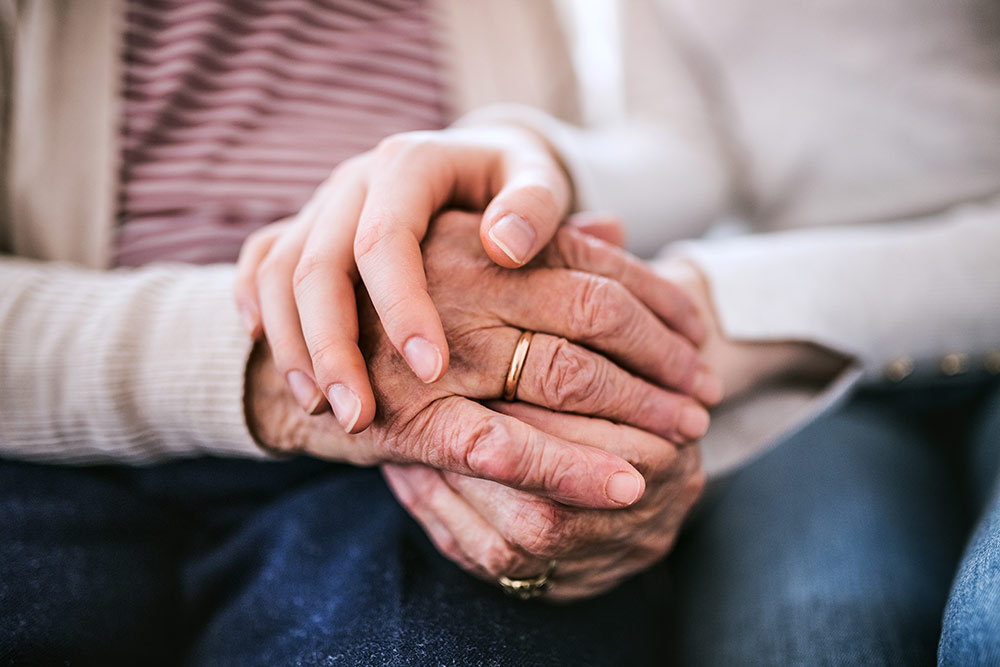Dementia is one of the most difficult health conditions to affect seniors. Its irreversible and incurable nature makes it a feared illness to the older population.
Every year, over 10 million new cases of dementia are reported, mostly affecting seniors aged 60 and above. The WHO predicts that this statistic will reach 82 million come 2030 if proper interventions are not placed.
So, if you are a loved one or a caregiver of a senior with dementia, it is about time to do your part in spreading awareness about the disease.
You can start by understanding dementia on a deeper level. What is it? What do patients usually go through? When do symptoms begin to arise? Learn everything there is to learn about the condition. This way, you can provide better care and develop empathy toward your loved one or senior clients in dementia assisted living facilities.
What Is Dementia?
Contrary to popular belief, dementia does not refer to a single disease. Dementia is a general term used to describe specific medical conditions caused by abnormalities in the brain’s function. When it starts to interfere with a person’s life, then that’s when it becomes a medical problem.
Diseases under the umbrella term “dementia” are characterized by a collection of symptoms, such as:
- Memory loss
- Problems with reasons and perception
- Difficulties in communication and other cognitive function
Many types of dementia exist. The most common one being Alzheimer’s disease, which accounts for almost 80% of dementia cases. Other types include vascular dementia, fronto-temporal dementia, and dementia with Lewy bodies.
What are the Symptoms of Dementia?
Early signs of dementia vary depending on the health condition of a person. Usually, it manifests as a subtle symptom and can often be dismissed as a normal part of aging. Some of the most common early symptoms of dementia include:
- Short-term memory loss, particularly with recent events.
- Problems with concentration and doing daily tasks.
- Mood changes (e.g., apathy and depression)
- Communication problems (e.g., can’t find the right words to use, can’t finish a line of thought)
- Increased confusion about time and place.
These symptoms can get worse over time, especially if not met with proper medical intervention techniques. Severe dementia can include behavioral symptoms like aggressiveness and agitation.
Further, different types of dementia can show various symptoms when they become severe.
For example, vascular dementia is characterized by stroke-like symptoms (e.g., muscle weakness and slight paralysis). On the other hand, Alzheimer’s disease manifests as moderate cognitive impairment like intense memory loss episodes.
How to Care and Support a Senior Loved One With Dementia
Having dementia means your brain cells do not function normally, preventing them from communicating with each other. Thus, affecting how your brain works.
So whatever symptom your loved one might show (aggression, apathy), that’s not them. It’s dementia talking. Every family caregiver needs to know this so they won’t resent or blame their loved ones later on.
Also, there are many quality dementia assisted living facilities that can help you care for your loved one. But if you want to take the mantle of a caregiver for now, then here are some of the best tips on how you can help a loved one with dementia.

1. Seek Medical Help
It is always best to seek a doctor’s help if your loved one exhibits the early signs of dementia. Once diagnosed, you can get your healthcare provider’s recommendations on what to do next.
Further, they can give your loved ones certain medications to help them manage some of their symptoms. They can also recommend great dementia assisted living facilities if you decide to seek an institution’s help.
While you’re at it, you can also get credible information about dementia from your GP. Get educated so you’ll know what to expect and how to respond.
2. Be Patient and Compassionate
Everyone is in an adjustment phase after the first few weeks of diagnosis; even your senior loved one with dementia. Everybody reacts differently to such news (intense grief, nonchalance) so prepare for what’s coming.
Keep your cool and provide them a shoulder to lean on. Reassure them that whatever happens, you will always be there by their side. Always remember to show kindness and compassion, however tough the going gets.
3. Accept Help and Support
It’s best to surround yourself with a strong support system even before your loved one’s health condition becomes severe. You don’t want to experience caregiver fatigue because it won’t be good for you and your loved one’s mental health.
Accept help from other family members, whether it’s financial, physical, or both. Keep in mind that it won’t be a failure on your part if you ever decide to seek the help of dementia assisted living facilities.
For one, they will be under the expert care of professional caregivers and staff. Facilities also have the right surroundings to foster a healthy physical, mental, and social well-being.
4. Develop an Open Communication
Your loved ones may be diagnosed with dementia, but they’re still the same person as before. So, instead of making assumptions, it’s better to develop open communication with them.
For instance, you can ask them what tasks they’re comfortable doing and which ones they need help with. Include them in every planning and decision-making about their life, like a doctor’s appointment, change in diet, or a new caregiver. Let them regain their independence and control in their life.
5. Encourage Them to Stay Engaged and Social
Invite them to do activities that they enjoy. Better yet, find a hobby that you both enjoy so you can bond and have meaningful conversations during such activity. Also, you can introduce new, fun hobbies that they would like.
Further, it’s essential to keep them socially connected to friends and other loved ones. However, keep gatherings to a minimum so they won’t get overwhelmed.
If your loved one is comfortable going out, you can also arrange for occasional fine dining with the family or an out-of-town trip. Just remember to consult your loved one’s doctor first before traveling.



